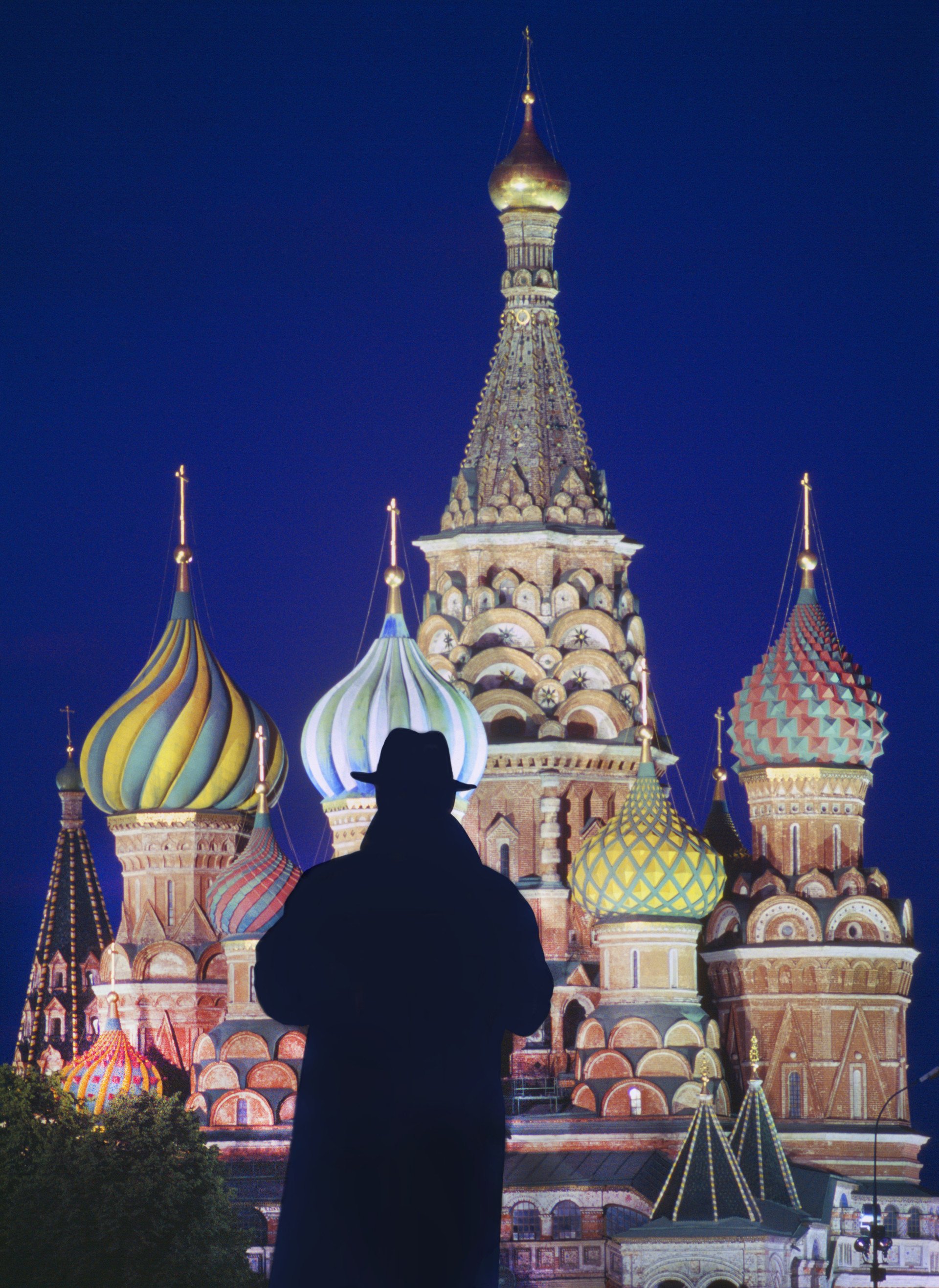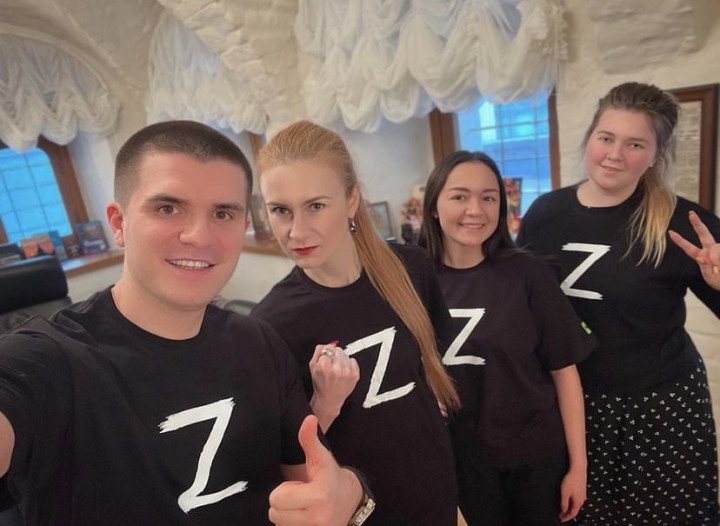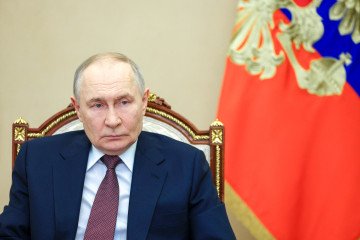- Category
- Anti-Fake
The Russian Spies That Live Among Us

What if your friendly neighbor was a Russian spy? Or your friend? Or even your colleague? We examine five notable cases of Russian espionage across the world in recent years and explore how they operate.
Russian spies infiltrate Western countries using a variety of methods designed to evade detection, gather intelligence, and influence circles. These espionage tactics include deep-cover operations, cyber spying, recruitment of insiders and the use of diplomatic cover.
In this article, we take a closer look at how Russian spies operate, followed by five notable examples of spies who were caught in Western countries. One tactic that all of these cases share is the method of sending agents to a neutral country where they acquire new citizenship before moving to the country where their mission will take place.
How Russian spies operate
Illegals program
Russian intelligence agencies, particularly the SVR (Foreign Intelligence Service) and GRU (military intelligence), use deep-cover agents known as "illegals". These spies live under false identities, often for years or even decades, without diplomatic immunity. They blend into society, taking on ordinary jobs while creating backstories that allow them to operate undetected.
Diplomatic cover
Russian intelligence officers often work under the cover of diplomatic positions, such as embassy staff or consular officials. This gives them legal protection and access to high-level events, where they can recruit sources, gather intelligence, and influence decision-making.
Cyber espionage
Russia conducts extensive cyber operations to infiltrate the computer networks of governments, corporations, and critical infrastructure in Western countries. These operations are carried out by state-sponsored hacker groups linked to Russian intelligence, such as APT28 (Fancy Bear) and APT29 (Cozy Bear).
Recruitment of insiders
Russian spies target individuals within Western governments, military institutions, and businesses who have access to sensitive information. These individuals might be recruited through ideological alignment, financial incentives, or coercion, and are often used to pass classified information back to Russia according to the MICE principle Money, Ideology, Compromise (or blackmailing) and Ego.
Cultural and academic exchanges
Russia uses cultural and academic exchanges as a cover for intelligence operations. Spies might pose as students, researchers, or cultural representatives, gaining access to valuable research, technology, and influential people.
Russian spy incidents
Anna Kushchyenko. Real estate agent (2010)

Background: Anna Chapman, born Anna Kushchyenko, moved to the United Kingdom where she married a British citizen. In 2009 she relocated to the United States where she was part of a Russian spy ring known as the "Illegals Program". She lived under deep cover, posing as a real estate agent in New York.
Communication methods: Chapman frequently used a specially designed laptop that allowed her to communicate with her handlers via encrypted messaging. One of the key methods involved a form of "ad hoc" Wi-Fi networking, where she would access a wireless signal at specific locations and times, enabling a brief and secure exchange of encrypted messages with her handlers without needing a direct internet connection.

Capture: In June 2010, the FBI arrested Chapman and nine other Russian spies in a high-profile operation. They were charged with conspiracy to act as unregistered agents of a foreign government.
Outcome: Chapman and the other spies were deported to Russia in a spy swap between the U.S. and Russia. After her return, Chapman became a media personality in Russia.
Artem Dultsev and Anna Dultseva. “Ordinary Family” (2024)
Background: In January 2023, Slovenian authorities arrested a married couple living in Ljubljana, Slovenia's capital, on suspicion of espionage. They were reportedly using false identities and were posing as Argentinian nationals. The pair had been living in Slovenia for several years before their arrest and were involved in legitimate businesses that served as cover for their espionage activities.
Capture: The arrest was carried out by Slovenia's Intelligence and Security Agency (SOVA) in cooperation with international partners. The operation to apprehend the couple was described as highly secretive and well-coordinated. Following their arrest, the couple was detained and charged with espionage and the use of false documents.
Outcome: The arrest of the couple has underscored the persistent threat of Russian espionage activities in Europe, particularly in smaller EU and NATO member states like Slovenia. The case has also highlighted the challenges intelligence agencies face in identifying and neutralising deep-cover operatives who live seemingly ordinary lives while conducting espionage. The case received attention due to the couple’s children who were born in Argentina, who did not know they were Russian. Upon return to Russia, after being swapped in a prisoner exchange, the family were personally received by Russian President Valadmir Putin.
Alexander Mishkin and Anatoly Chepiga. Assassins (2014 and 2018)
Background: Alexander Mishkin and Anatoly Chepiga are Russian GRU officers involved in several high-profile operations. They were implicated in the 2018 poisoning of former Russian spy Sergei Skripal and his daughter Yulia in Salisbury, England, using the nerve agent Novichok. They were also involved in a 2014 explosion at a munitions depot in Vrbětice, Czech Republic.

Warehouse Explosion: In 2014, Mishkin and Chepiga planted explosives in a munitions depot in Vrbětice, leading to a massive explosion that killed two people and caused extensive damage. This operation was intended to disrupt arms supplies to Ukraine.
Awards: Upon returning to Russia after their involvement in these operations, both men were awarded the title of "Hero of the Russian Federation" by President Vladimir Putin, one of the highest honours in Russia.
Outcome: Their roles in both the Salisbury poisoning and the Czech explosion led to severe diplomatic fallout between Russia and Western nations, including sanctions and diplomatic expulsions.
Sergey Cherkasov. Student (2022)
Background: Sergey Cherkasov is a Russian GRU officer who operated under the alias Viktor Muller Ferreira, posing as a Brazilian citizen. He infiltrated various institutions in the West, including pursuing graduate studies in Washington, D.C., with the aim of securing a position at the International Criminal Court (ICC) in the Netherlands.
Capture: Dutch intelligence unmasked Cherkasov in 2022 when he attempted to enter the Netherlands for his ICC internship. He was denied entry and deported to Brazil, where he was arrested for using fraudulent documents.
Outcome: Cherkasov is currently imprisoned in Brazil. Both the United States and Russia have sought his extradition on different charges.
Maria Butina. Journalist (2018)
Background: Maria Butina, a Russian national, posed as a gun rights activist and journalist while secretly acting as an unregistered agent of the Russian government in the United States. She infiltrated conservative political circles, aiming to influence U.S. politics and establish back-channel communications between American political figures and the Russian government.

Capture: Butina was arrested in July 2018 by the FBI and charged with conspiracy to act as an agent of a foreign government without notifying the U.S. Attorney General. Her activities included cultivating relationships with influential American political figures and organisations.
Outcome: In December 2018, Butina pleaded guilty to conspiracy charges. She was sentenced to 18 months in prison, with credit for time served, and was deported to Russia upon her release in October 2019. Butina later became a member of the Russian State Duma.
If you have ever watched movies like “Salt”, “Anna”, “Red Sparrow” or “Mr. and Mrs. Smith” then you might notice similarities between them and the individuals mentioned in this article. These people who seem ordinary, in fact have quite unusual secrets.
So who are these spies? Are they among us? If so, how could they potentially assist the enemy? By gathering information? Infiltrating socio-political circles? Assassinating individuals? Or, perhaps something more simple like being an influencer on social media or sponsoring those who intend to influence us? The answers are as dynamic as the questions themselves.
”
-3de630b2445a6fdd697b9180968cec75.jpeg)




-f88628fa403b11af0b72ec7b062ce954.jpeg)
-e5e2358f676d2926947b90a73136b91d.jpg)
-29a1a43aba23f9bb779a1ac8b98d2121.jpeg)